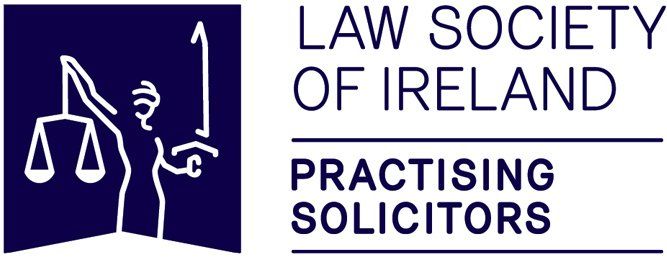The plaintiff in this case emerged from a hotel lift when she slipped and injured her elbow and foot, causing hospitalization. The plaintiff was with her husband and others when the accident happened. Her husband noticed a wet surface and the floor area where she fell and presumed this was the cause of his wife to fall.
In describing her accident, the plaintiff told the court that she ‘went to step onto the carpet and [she] went down on to the ground.’ She was cross-examined by counsel for the defendant as to the wording in the personal injuries’ summons and the initial letter from her solicitor to the defendant. Here was there a difference in the description of her fall.
The personal injury summons described it as:
‘At approximately 5:30pm the plaintiff… whilst exiting a lift in the company of her husband and other guests… was caused to slip and fall by reason of the said floor being wet and/or slippy due to the presence of a deleterious substance thereon.”
While the original solicitor’s letter said:
‘At approximately 5:30p.m. when exiting the elevator… she had walked with others a number of steps from the elevator, slipped on the floor and fell to the ground.’
The judge was satisfied with the plaintiff’s evidence in the circumstances of the fall while acknowledging she did not know the cause of it.
CCTV footage was produced in evidence and examined in great detail. But its location could not give an indication as to the condition of the floor.
Witnesses for the hotel gave evidence of the hotel’s procedure for maintaining areas where guests use. A manager gave evidence for the defendant as she went to the plaintiff on it being reported and examined the floor. She did not see any wet area around the position of where the plaintiff was but did not bend down to feel the ground.
Both sides had engineers giving evidence based on CCTV, but this did not assist the court in its net point in determining liability.
The defendant queried the plaintiff’s high heels and put it to her that these heels might have contributed to her slipping, but the court was satisfied with her answer that she frequently wore high heels, and these did not cause her to slip.
The defendant put it to the court that nobody else had issues with the floor; that on checking out of the hotel, the plaintiff did not complain about the fall and the absence of mentioning the wet floor in her solicitor’s original letter not in the ambulance record of the incident.
However, on the balance of the evidence, the court was persuaded by the plaintiff’s evidence and found the hotel was liable for the accident.
Having decided on liability, the court addressed the amount of damages and awarded a total of €72,000, for pain and suffering to date.
Kirby v Hotel Kilkenny Ltd High Court (O’Connor J) 30 April 2025; [IEHC] 305.

